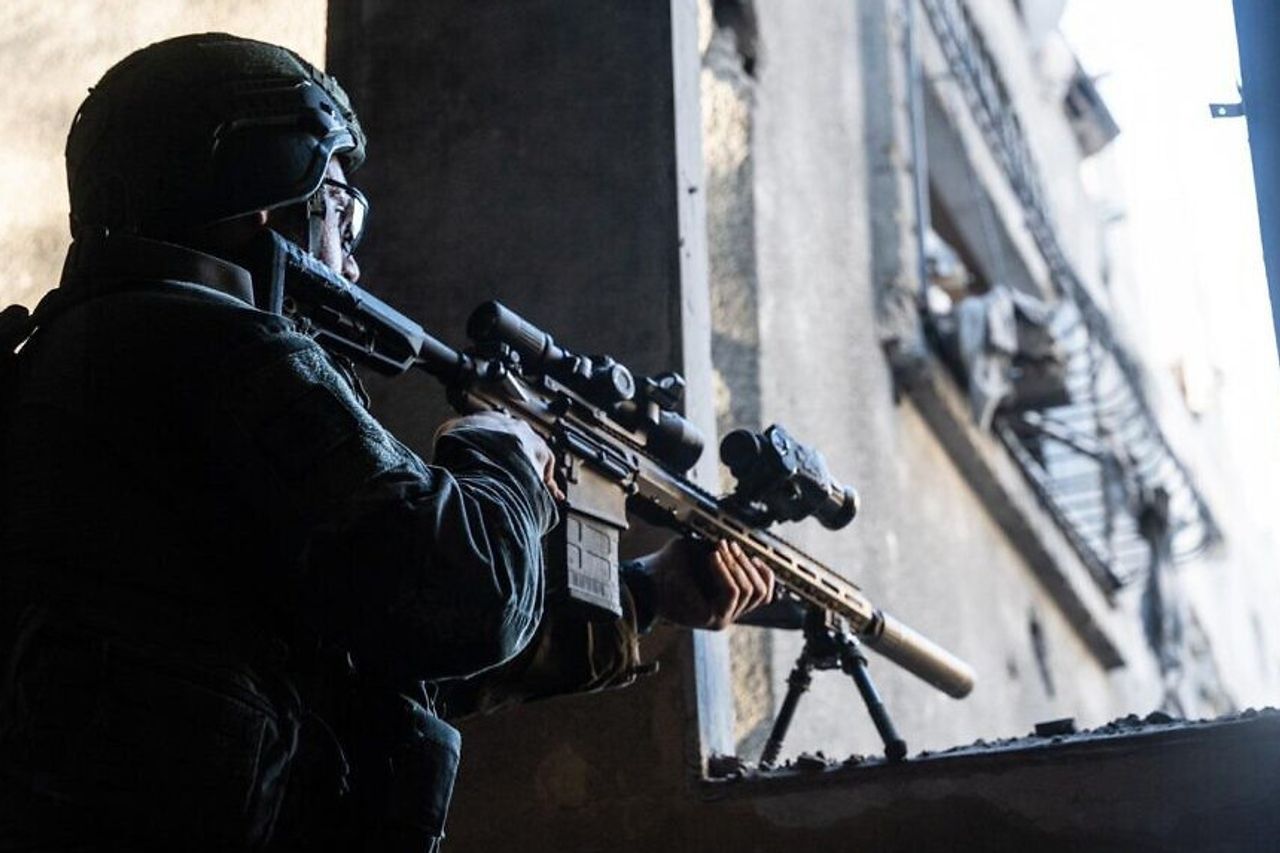The Israeli Military Tightens Media Rules On Soldiers Amid War Crime Demands

JAKARTA - The Israeli military imposed new restrictions on media coverage of soldiers on duty in active combat, amid growing concerns about the risk of legal action against reserve soldiers traveling abroad on charges of involvement in war crimes in Gaza.
The move came after an Israeli reserve soldier on vacation in Brazil suddenly left the country when a Brazilian judge ordered federal police to open an investigation following allegations from a pro-Palestinian group he had committed war crimes while serving in Gaza.
"Based on the new rules, the media interviewing soldiers with the rank of colonels down will not be able to display their full names or faces, similar to the rules that already apply to pilots and members of special forces," said Israeli military spokesman Lieutenant Colonel Nadav Shoshani. January 9.
Furthermore, it is said that the interviewed persons should not be related to certain battle events they follow.
"This is our new guideline to protect our army and ensure they are safe from the types of incidents organized by anti-Israeli activists around the world," said Lt. Col. Shoshani.
He said, based on applicable military rules, soldiers were not allowed to upload videos and other images of the war zone on social media "although it was never perfect and we have a large force." There are also old rules and guidelines for soldiers traveling overseas, he said.
Shoshani said activist groups, such as the Belgian-based Hind Rajab Foundation, which prompted action in Brazil, "connected points" between soldiers who uploaded material from Gaza and then uploaded other photos and videos of themselves while on vacation abroad.
SEE ALSO:
It is known that the International Criminal Court issued arrest warrants against Israeli Prime Minister Benjamin Netanyahu and former Defense Minister Yoav Gallant, as well as a Hamas leader, Ibrahim Al-Masri last year, on suspicion of war crimes in Gaza, sparking anger in Israel.
Lt. Col. Shoshani said there was a "slight" case in which reserve soldiers traveling abroad were targeted, in addition to cases in Brazil, all of which were initiated by activist groups urging authorities to conduct an investigation.
"They didn't open an investigation, they didn't file a lawsuit or anything like that," he said.


